How to Use Proxifier for Application-Level Proxy: Step-by-Step Tutorial
Publish: 2024-05-20 | Modify: 2024-05-20
Proxifier: A Powerful Network Tool for Application-Level Proxy Configuration
Proxifier is a powerful network tool that allows users to set up dedicated proxy servers for each individual application, and it also supports Windows UWP applications. In this article, the blogger will demonstrate step by step how to use Proxifier to achieve application-level proxy configuration. Whether you want to improve network access speed or have specific proxy requirements, you can find solutions with Proxifier.
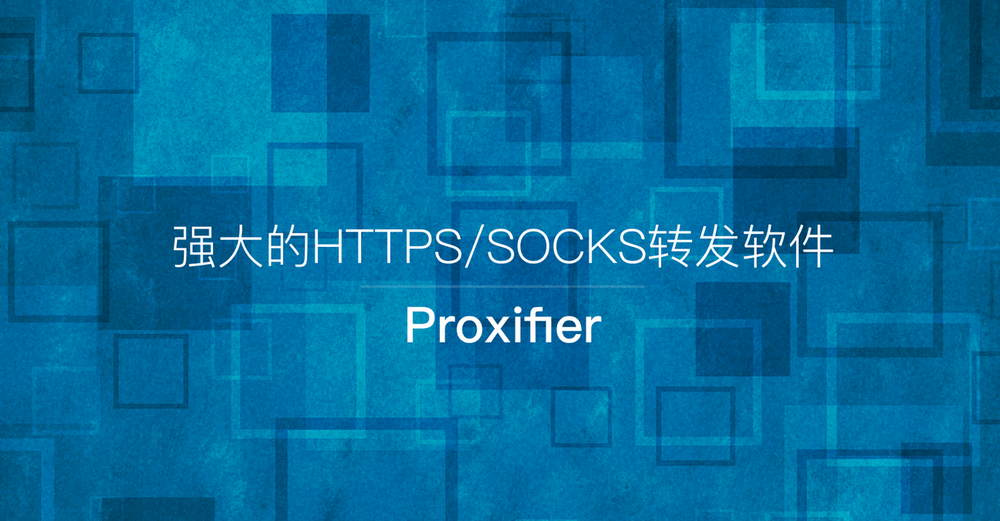
Use Cases
Have you ever encountered a situation where some programs are unable to connect to the network due to mysterious interference, and these programs do not support proxy settings themselves? In such cases, we often have to rely on global proxies to access the network, which in turn affects the normal use of other applications. If there is a tool that allows specific software to connect to the network through independent proxies, it can effectively solve this problem. Proxifier is precisely such a tool, capable of achieving precise application-level proxies.
Download Proxifier
Proxifier is available for Windows, macOS, and Android. You can download it from: https://www.proxifier.com/
Note: Please try to download from the official website, and avoid using XX Chinese version or XX cracked version to prevent potential virus risks!!!
Install Proxifier
There is nothing special about installing Proxifier. Depending on your needs, choose whether to set up "Start on Boot" and "Create Shortcut."
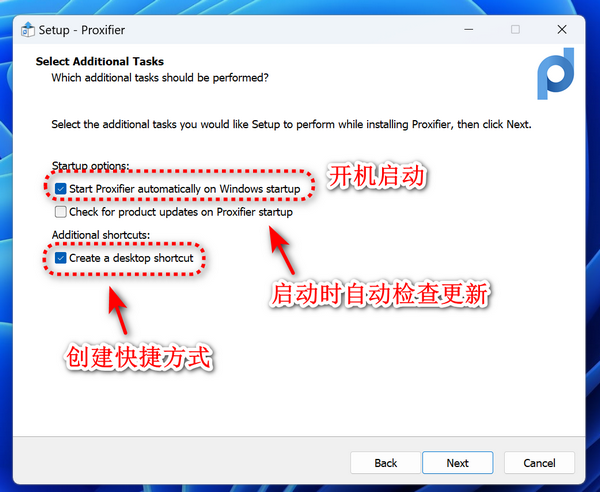
Proxifier is a paid software. After the initial installation, you can choose to try it out or enter a registration code. If possible, it is recommended to purchase the genuine version for support, or search for registration codes online (not recommended).
Using Proxifier
Open the "Server Icon - Select Add" button to add HTTPS or SOCKS 5 proxies.
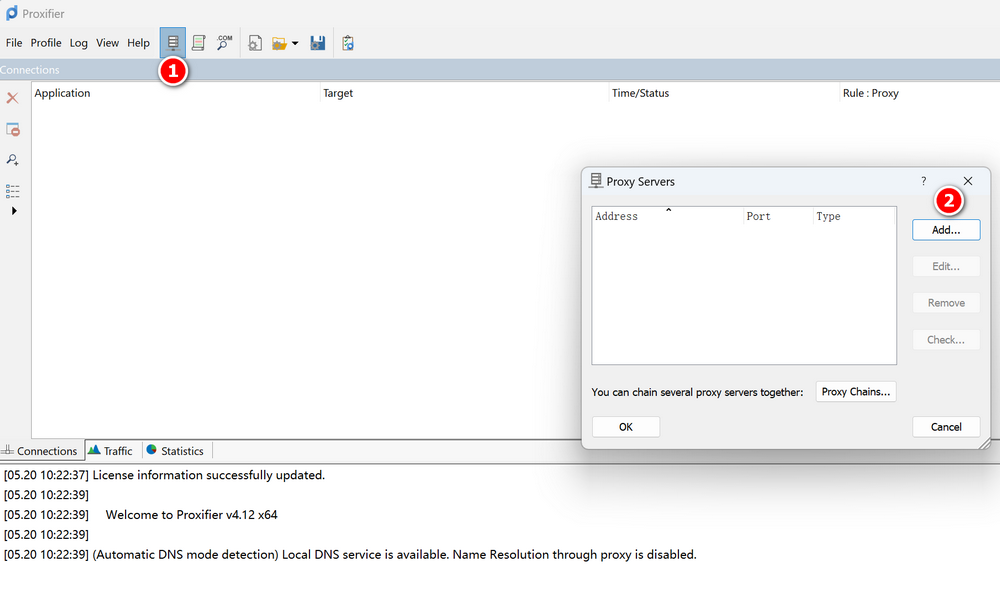
Enter the SOCKS 5 proxy information. The screenshot below is for demonstration purposes only. Please modify it to your own SOCKS 5 IP and port.
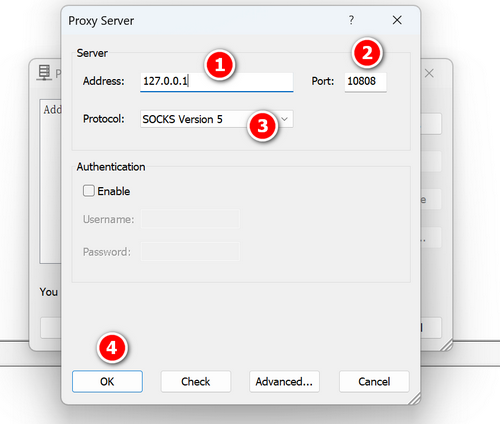
Next, you may be prompted with a message as shown below. Choose "No." Selecting "Yes" will use the global proxy.
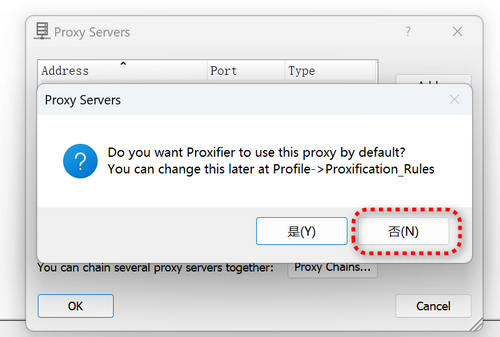
You may be prompted that there are no proxy rules. Choose "Yes" to add them now.
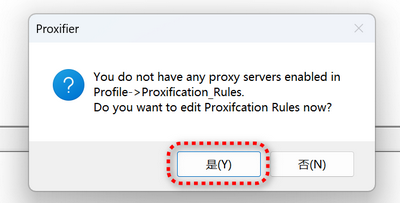
Click the Add button to proceed with the addition.
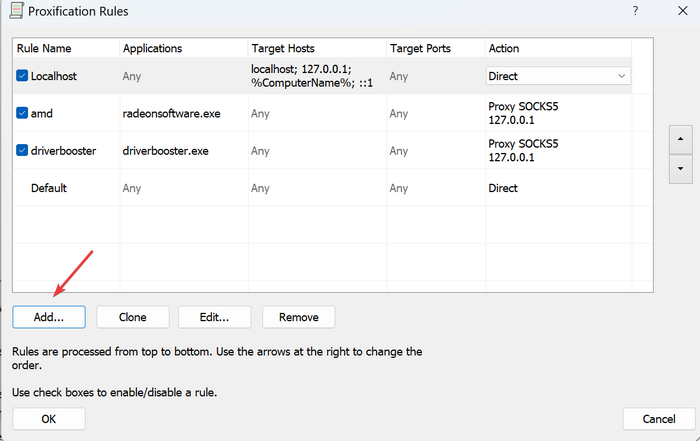
Then, as shown in the image below, select the applications that need to use the proxy.
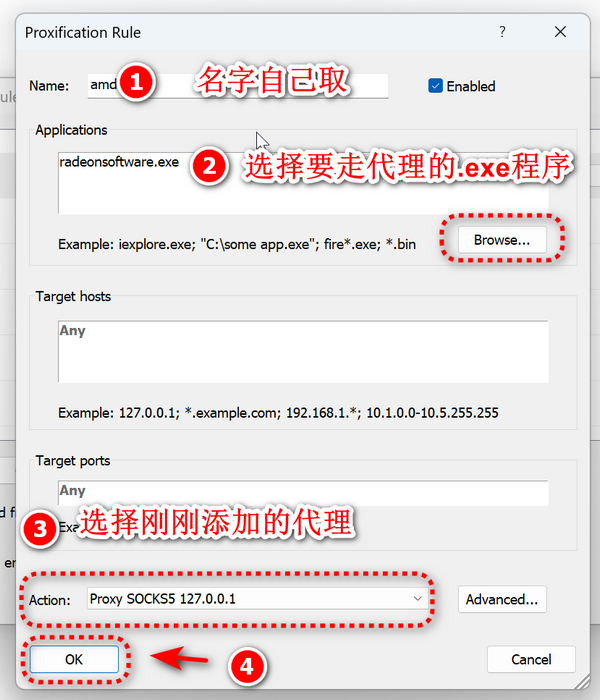
At this point, the setup is complete. In the software log, you can see the corresponding applications accessing the network through the proxy.

Other Alternative Software
The blogger found some software similar to Proxifier but has not personally tried them. Feel free to explore if interested.
- Win2Socks: https://win2socks.com/zh/
- netch: https://github.com/netchx/netch
Conclusion
Through this tutorial, you can not only configure proxies for specific applications but also ensure that the network performance of other applications is not affected. Hopefully, this article can help you make better use of Proxifier to meet your personalized network needs.
Proxifier Official Website: https://www.proxifier.com/
Comments

xiaoz
I come from China and I am a freelancer. I specialize in Linux operations, PHP, Golang, and front-end development. I have developed open-source projects such as Zdir, ImgURL, CCAA, and OneNav.
Random article
- The Key Features of WebHostingPad, an American Hosting Provider
- Using PDFObject to Preview PDF Files in Vue3
- Newly Added Physical Hard Drive and Local Storage Method in PVE 6.x
- Making MIUI/HyperOS more practical: Five simple settings to help you optimize your phone's functionality
- [AD] RAKsmart: "Passionate Summer, May Special Offer" G Port/Unlimited Ultra-Low Price 1699 Continuously Hot Selling!!!
- Setting up a web interface for DNSmasq with PHPDNS
- Comparison Test of Port Forwarding between Socat and Brook: Who is Stronger and Weaker?
- Bandwagon Cheap VPS Hosting/CN2 Network with Reviews
- IPRSS launches a mini-program version of the IP lookup tool
- Deploying ccaa with Docker for Offline Download and Online Streaming